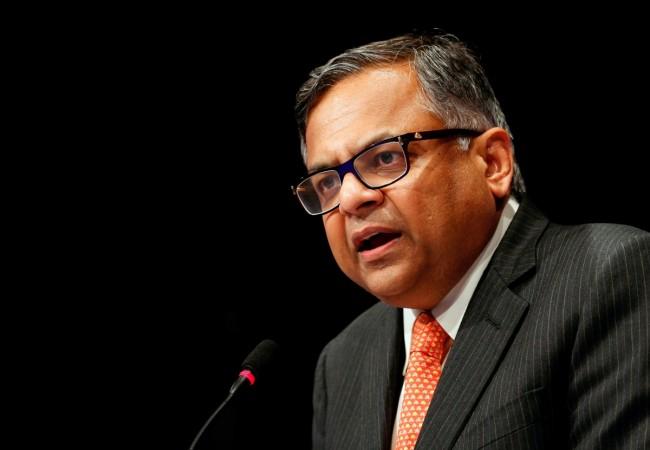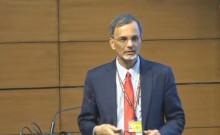
In a major rejig, Tata Sons have clubbed all the Tata Group companies into 10 verticals, each with different firms operating in related industries. The groupings, such as automotive, consumer and infrastructure will be headed by a representative from Tata Sons, the holding company of the $104 billion conglomerate. The move is aimed at improving coordination and functioning and is likely to help in synergising operations of over 100 group companies, often operating in overlapping markets.
The reorganisation has Tata Sons chairman N Chandrasekaran's thought stamped all over it. Chandrasekaran, after taking over from Cyrus Mistry in February 2017, has publicly stated several times, his aim to streamline and consolidate the group's operations. The former TCS boss had called the recent 3.1 billion pound impairment charge by Tata Motors for Jaguar Land Rover a process of simplifying, synergising and scaling to create an agile, powerful platform that will aid rapid growth. In the process, the 151-year-old organisation hopes to reduce costs and clean up the balance sheets of some of its businesses.
Though the vertical heads will represent and report to Tata Sons, they may not necessarily be a board member of the holding company. "But the person will be someone with deep sector knowledge and the capability to ensure benefits of scale," an executive told The Economic Times, adding, vertical heads are expected to facilitate coordination between various companies in each group.
Start Of Process
The process to restructure operations of the unwieldy conglomerate had started last year itself and Tata Sons had spent over 700 billion rupees in 2018 to deleverage and restructure Tata companies, consolidate cross-holdings, acquire strategic assets and infuse capital, another executive told the newspaper. As part of the exercise, the conglomerate had consolidated its various businesses across the defence and aerospace verticals last year. Similarly, Tata Power had sold its stake in Tata Communications to Tata Sons in a bid to bring down cross-holdings.
In the current rejig, Tata Communications, Tata Sky and Tata Teleservices have been clubbed together under the telecom and media vertical, while Tata International, Tata Industries and Tata Investment Corporation have been grouped into trading and investments. Taj Hotels-owner Indian Hotels and airline services Vistara and AirAsia have been stacked together in the travel and tourism vertical. The most difficult part was to group together various consumer-facing listed businesses such as Tata Global Beverages, Voltas, Titan and Trent into the consumer and retail vertical.
The ball has been set rolling by Tata Sons but the reorganisation is still a "work in progress", a group executive said, adding, "These are not issues that can be solved quickly, some may take a few more months or a year or so more. But what we have is a clear sense of direction."
















